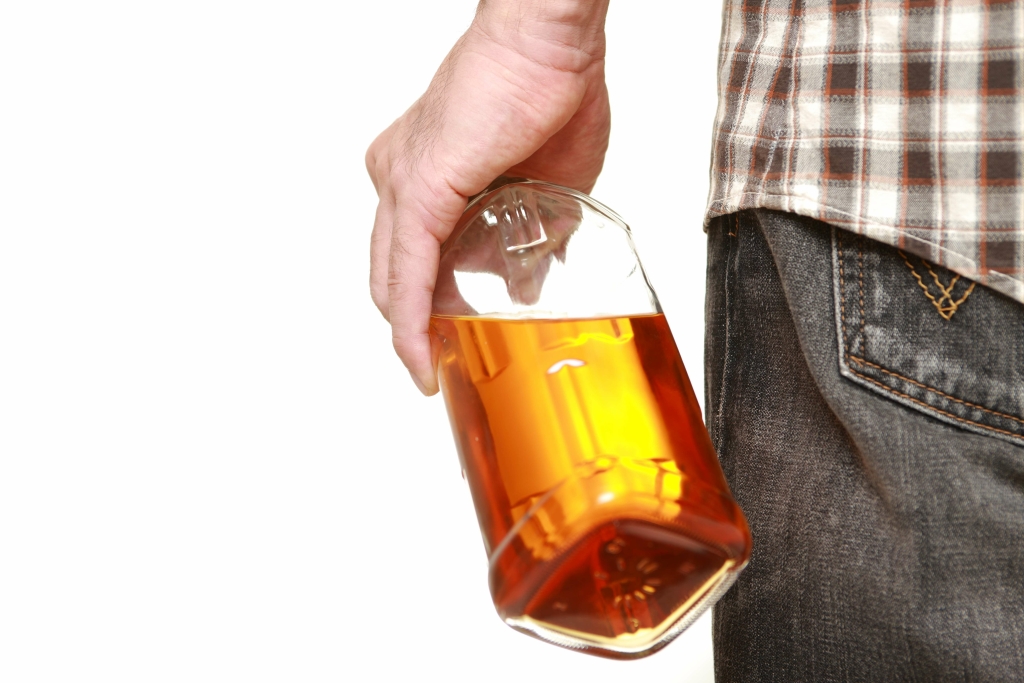To experience the health benefits, quitting alcohol entirely must continue beyond 4 weeks. “The Working Group also concluded that there is sufficient evidence from mechanistic studies that cessation of alcohol consumption reduces alcohol-related carcinogenesis,” Dr. Lauby-Secretan stated. Researchers examined data from over 90 studies about cancers caused by alcohol and stopping alcohol consumption. The paper also found a significant interaction between the age of study subjects and their mortality risk.
- It’s important to remember that alcohol can prevent the absorption of nutrients that your body needs, and a balanced diet can improve your immune system and overall health.
- The article by Crews, Sarkar, and colleagues presents evidence that alcohol results in neuroimmune activation.
- Finally, exposure to ethanol concentrations of 0.4 to 2 percent had a more profound effect on apoptosis of cultured thymocytes than on mature T cells (Slukvin and Jerrells 1995).
Alcohol can have a range of harmful effects on the body, which can diminish a person’s immune response and put them more at risk for COVID-19. “Those at increased risk should cut down or abstain from alcohol because every little thing an individual can do to improve the health and reduce risk is worth it at this point, even if the evidence is not entirely clear,” Mroszczyk-McDonald said. In the lungs, for example, alcohol damages the immune cells and fine hairs that have the important job of clearing pathogens out of our airway.
Impact of Alcohol Abuse on the Adaptive Immune System
It’s important to note that any amount of alcohol in your system can interfere with your ability to think and function without impairment. Your central nervous system consists of the brain, spinal cord, and neurons that communicate messages throughout your body. It powers key functions and processes like movement, memory, speech, thought processes, and more. Your liver produces enzymes that break down alcohol, but your liver can only handle so much alcohol at one time (approximately 1 ounce per hour). Depending on how often you drink and how much, you may need support from a healthcare professional if you want to stop drinking.
These disruptions to the composition of the gut microbiota and to gut barrier function have important implications beyond the intestinal system. For example, Nagy discusses how the leakage of bacterial products from the gut activate the innate immune system in the liver, triggering inflammation that underlies ALD, a condition that affects more than 2 million Americans and which eventually may lead to liver cirrhosis and liver cancer. Infection with viral hepatitis accelerates the progression of ALD, and end-stage liver disease from viral hepatitis, together with ALD, is the main reason for liver transplantations in the United States. The article by Dolganiuc in this issue explores the synergistic effects of alcohol and hepatitis viruses on the progression of liver disease as well as alcohol consumption’s injurious effect on liver antiviral immunity. Mandrekar and Ju contribute an article that homes in on the role of macrophages in ALD development, including recent insights into the origin, heterogeneity, and plasticity of macrophages in liver disease and the signaling mediators involved in their activation and accumulation.
How Common Is Alcohol Consumption?
Alcohol also impacts the function of immune cells of the central nervous system (CNS), particularly astrocytes and microglia. Astrocytes are major glial cells that regulate neuronal function and CNS homeostasis. Their ability to serve as antigen presenting cells and produce cytokines in vivo has been controversial (Dong and Benveniste 2001). In vitro studies have shown that acetaldehyde modulates cytokine production by astrocytes in a dose-dependent manner (Sarc, Wraber et al. 2011). Specifically, 24 hours of exposure to both low (1mM) and high (5mM) concentrations of acetaldehyde stimulate IL-6 secretion, however, 7 days of exposure to the high concentration of acetaldehyde, significantly decrease IL-6 secretion (Sarc, Wraber et al. 2011).
T cells expressing the CD8 T cell co-receptor are known as cytotoxic T cells and eliminate host cells infected with intracellular pathogens as well as tumor cells. B cells mature into plasma cells that produce antibodies, also known as immunoglobulins (Ig), to eliminate extracellular microorganisms and prevent the spread of infection. The adaptive immune response can be distinguished from innate immunity by the capability of generating immunological memory, or protective immunity against recurring disease caused by the same pathogen (Janeway 2008). Often, the alcohol-provoked lung damage goes undetected until a second insult, such as a respiratory infection, leads to more severe lung diseases than those seen in nondrinkers. The ability of alcohol to alter both innate and adaptive immune defenses inevitably impacts how the immune system of even a moderate alcohol drinker can respond to infections.
Is It Dangerous to Mix Ibuprofen and Alcohol?
Both innate and adaptive immunity rely on a multitude of different cells and molecules. Thus, both types of immunity are mediated partly by the actions of specific immune cells (i.e., include a cell-mediated response) and partly by the actions of molecules secreted by various immune cells (i.e., include a humoral response). Not only does the immune system mediate alcohol-related injury and illness, does alcohol weaken your immune system but a growing body of literature also indicates that immune signaling in the brain may contribute to alcohol use disorder. The article by Crews, Sarkar, and colleagues presents evidence that alcohol results in neuroimmune activation. This may increase alcohol consumption and risky decisionmaking and decrease behavioral flexibility, thereby promoting and sustaining high levels of drinking.

Alcohol abuse suppresses multiple arms of the immune response, leading to an increased risk of infections. The course and resolution of both bacterial and viral infections is severely impaired in alcohol-abusing patients, resulting in greater patient morbidity and mortality. Multiple mechanisms have been identified underlying the immunosuppressive effects of alcohol. Analyses of alcohol’s diverse effects on various components of the immune system provide insight into the factors that lead to a greater risk of infection in the alcohol-abusing population. Some of these mechanisms are directly related to the pathology found in people with infections such as HIV/AIDS, tuberculosis, hepatitis, and pneumonia who continue to use and abuse alcohol. Microglia express PRRs, produce cytokines, and modulate neuroinflammatory reactions in brain injury and neurodegenerative diseases (Block, Zecca et al. 2007).
Both the innate and the adaptive immune response are critical for effective host defense to infectious challenges. Multiple aspects of both arms of the immunity response are significantly affected by alcohol abuse, as described in the following sections. Acetaldehyde is the toxic byproduct that contributes to tissue damage, alcohol dependence, and addiction (Zakhari 2006). It can also bind to other proteins to form adducts, such as malondialdehyde (MDA) and MDA-acetaldehyde (MAA), which play a key role in the development of liver injury and stimulate antibody responses that further promote liver inflammation and fibrosis (Tuma and Casey 2003). In addition, oxidation of ethanol by CYP2E1 leads to the formation of reactive oxygen species (ROS).

The relative increase in B-1b cells also may lead to autoantibody production, especially of the IgM and IgA classes (which is discussed below). 1 T-cell activation was assessed by measuring the expression of human leukocyte antigen (HLA)-DR on the patient’s CD8 cells. HLAs are proteins found on the surface of various cells that present antigens to the TCR on T cells to induce an immune response. That’s because your body can’t make as many infection-fighting cells and proteins called antibodies that help defend against illness. Your body releases certain proteins that help the immune system, called cytokines, only during sleep. Alcohol’s effects on the structural host defense of the gastrointestinal (GI) tract.
Interplay Between Alcohol-Induced Stress & Immunity
Catalase is localized to peroxisomes and requires hydrogen peroxide to oxidize alcohol into water and acetaldehyde. Alcohol metabolism can also take place in the pancreas by acinar and pancreatic stellate cells, which contributes to the development of alcoholic pancreatitis (Vonlaufen, Wilson et al. 2007). Additional studies are required to fully understand the role of ethanol metabolites and adducts in the development of alcoholic liver injury and organ damage. The immune system is typically categorized into the innate and adaptive immune response systems, both of which are essential components in the body’s defense against pathogens. Though there’s still limited data on the link between alcohol and COVID-19, past evidence shows alcohol consumption can worsen the outcomes from other respiratory illnesses by damaging the lungs and gut, and impairing the cells responsible for immune function. Chronic drinking — for 12 to 15 years — can lead to a reduction in the number of T cells.
